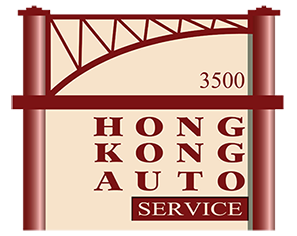Flushing brake fluid a necessary step to keep brakes working right
Q: My mechanic recommended I get my brake fluid flushed. Is this necessary and if so, why?
 A: There are a couple of reasons why brake fluid can lose some of its effectiveness. First of all, brake fluid absorbs any moisture in the brake system, which helps prevent moisture-related corrosion and failure of internal brake system components.
A: There are a couple of reasons why brake fluid can lose some of its effectiveness. First of all, brake fluid absorbs any moisture in the brake system, which helps prevent moisture-related corrosion and failure of internal brake system components.
But no matter how good your brake fluid is, there still will be rust and other debris in the system, which can inflict a lot of internal damage. This is especially true on vehicles with antilock brakes (ABS). The ABS module is exceptionally sensitive to dirt and debris. Flushing that old fluid removes the moisture from the system and gets rid of that debris, saving you a $1,000 ABS module repair.
The second issue with old brake fluid is that as it gets older and has more debris in it, the boiling point of the fluid goes down, which reduces braking performance and can lead, in severe cases, to the brakes not working at all. Brake fluid is subjected to very high temperatures throughout the braking system and therefore must have a high boiling point so that it doesn’t turn into a gas in the lines. If that happens, then the energy released from the brake pedal isn’t converted into braking pressure that squeezes your brake rotors. The gas will just compress, which means your car doesn’t slow down (or stop).
Need your brakes checked? Schedule an appointment today or call 847-251-0300.
The condition of the fluid is affected by a number of factors, such as whether you haul heavy loads, what your braking style is and if you drive in the mountains, so sometimes the service is recommended more often.
Brake fluid flushing removes all of the old, contaminated brake fluid from the system and then new, clean fluid is added, greatly enhancing the performance of the brake system. It’s always a good idea to check the recommendations in your owners’ manual, but at Hong Kong Auto Service, we generally recommend a brake fluid flush when the vehicle is due for new brake pads/shoes.
More questions about brakes? Learn these five signs you need your brakes checked.
